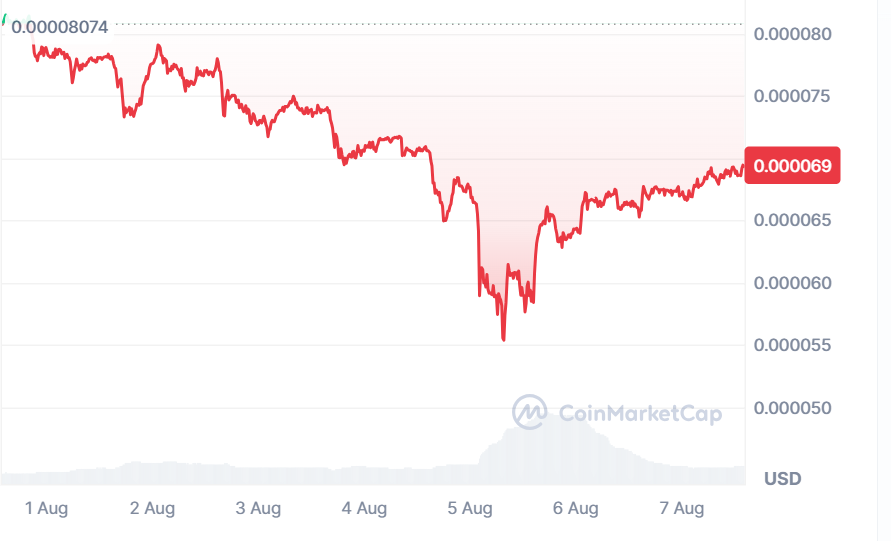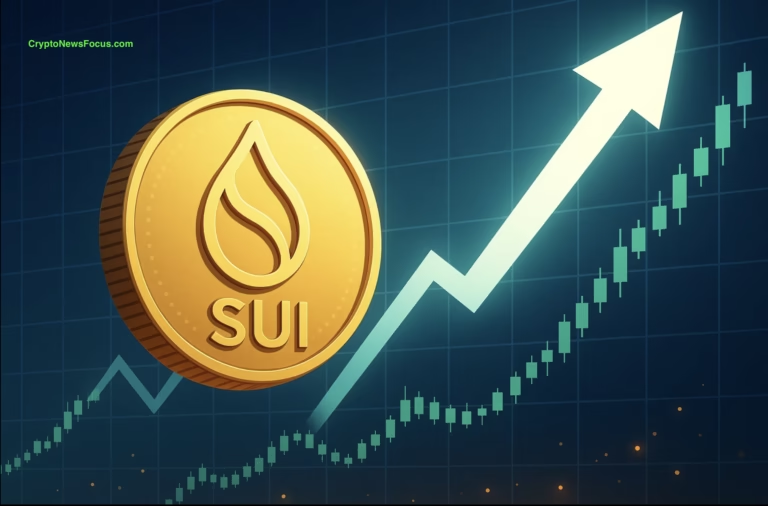
- A South Korean court has ordered Upbit to compensate a Vietnamese investor approximately $107,000 for losses incurred due to a delayed Terra Luna Classic (LUNC) transfer, exacerbated by the Terra ecosystem’s crash.
- The ruling highlights the need for cryptocurrency exchanges to have robust systems in place for asset recovery and customer issues.
In a landmark ruling, a South Korean court has ordered Dumamu, the operator of the Upbit cryptocurrency exchange, to compensate a customer for losses incurred due to a delayed transfer of Terra Luna Classic (LUNC) tokens. This case highlights the significant impact of the Terra ecosystem’s crash on individual investors and the responsibilities of cryptocurrency exchanges.
The Background of the Case

The legal dispute began when an unidentified Vietnamese investor, in his 50s, filed a lawsuit against Upbit in September 2022. The plaintiff had attempted to transfer 1,310 LUNC tokens from his Upbit wallet to a Binance wallet on March 24, 2022, with the intention of liquidating the assets into Vietnamese dong. However, a transfer issue led to the coins being returned to Upbit’s wallet, and subsequently, the tokens were lost in the turmoil that followed.
South Korea’s current account recorded the biggest surplus in more than six years, boosted by global demand for chips used in AI https://t.co/BuFVsgt7OD
— Bloomberg (@business) August 7, 2024
The court found that the investor’s tokens remained in Upbit’s crypto wallet due to an error in entering the wallet address details. As a result, when the investor requested the return of his tokens, Upbit delayed the process, citing new anti-money laundering regulations that came into effect on the day of the request.
Impact of the Terra Ecosystem Crash
The situation worsened as the Terra ecosystem, including LUNC, crashed dramatically on May 10, 2022. The value of the tokens plummeted by 99.9% by May 18, 2022, shortly before LUNC was delisted in South Korea. The once-valuable investment, worth around $107,000, effectively became worthless.
Court Ruling and Exchange Responsibility
Crypto operators in South Korea including Upbit, and Bithumb will have to pay a supervisory fee for inspections by the regulator.#Upbit #Bithumbhttps://t.co/QnXHXtn8Q0
— Cryptonews.com (@cryptonews) August 1, 2024
Justice Park Jae-min presided over the case and ruled that Dumamu must pay the investor approximately 147 million won (around $107,000) along with late payment interest. The court criticized Upbit for failing to prepare for such cases and for not having adequate systems in place to address the recovery of funds lost due to secondary address errors.
The court dismissed Upbit’s defense, which argued that adherence to national laws absolved them of responsibility for the investor’s losses. The judge emphasized that the return of the tokens was technically feasible and that the exchange should have anticipated and prepared for such scenarios.
Broader Implications
This case underscores the importance of cryptocurrency exchanges implementing robust systems and protocols to handle recovery of assets and address customer issues promptly. The court’s decision sends a clear message that exchanges are accountable for their operations, particularly in times of crisis.
Terraform Labs, the creator of the Terra ecosystem, has ceased operations, and its founder, Do Kwon, faces deportation from Montenegro to South Korea on fraud charges. This ongoing saga reflects the turbulent nature of the crypto market and the legal challenges it presents.
As the cryptocurrency landscape continues to evolve, cases like these highlight the need for regulatory frameworks that protect investors and ensure the accountability of crypto platforms.




